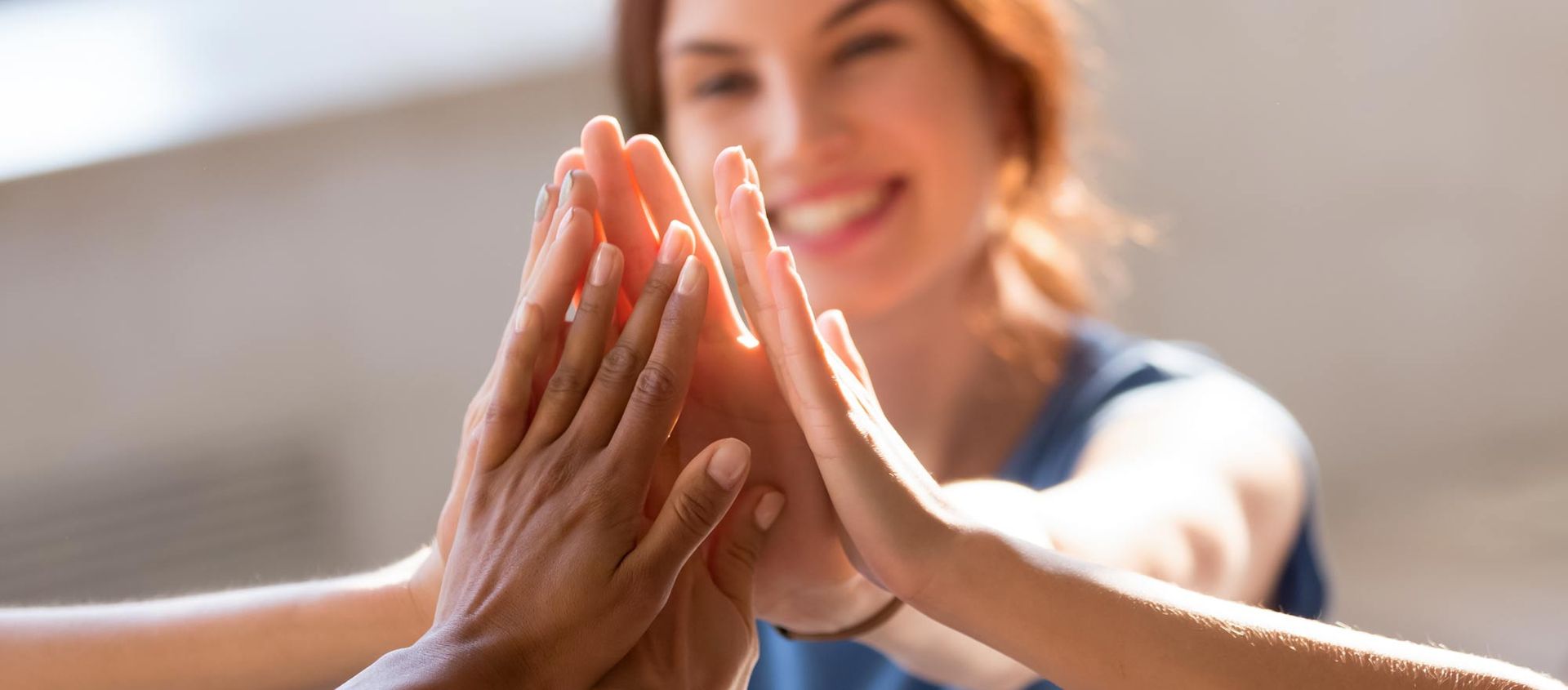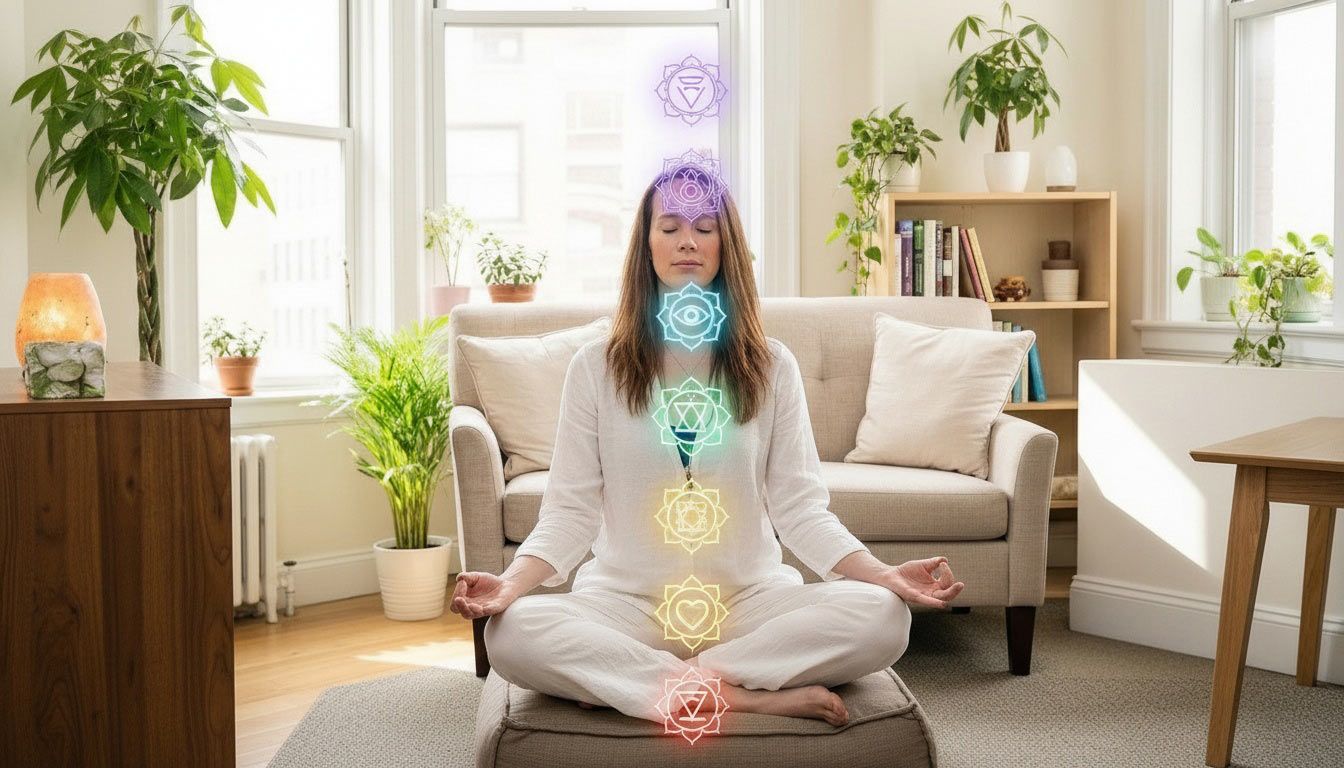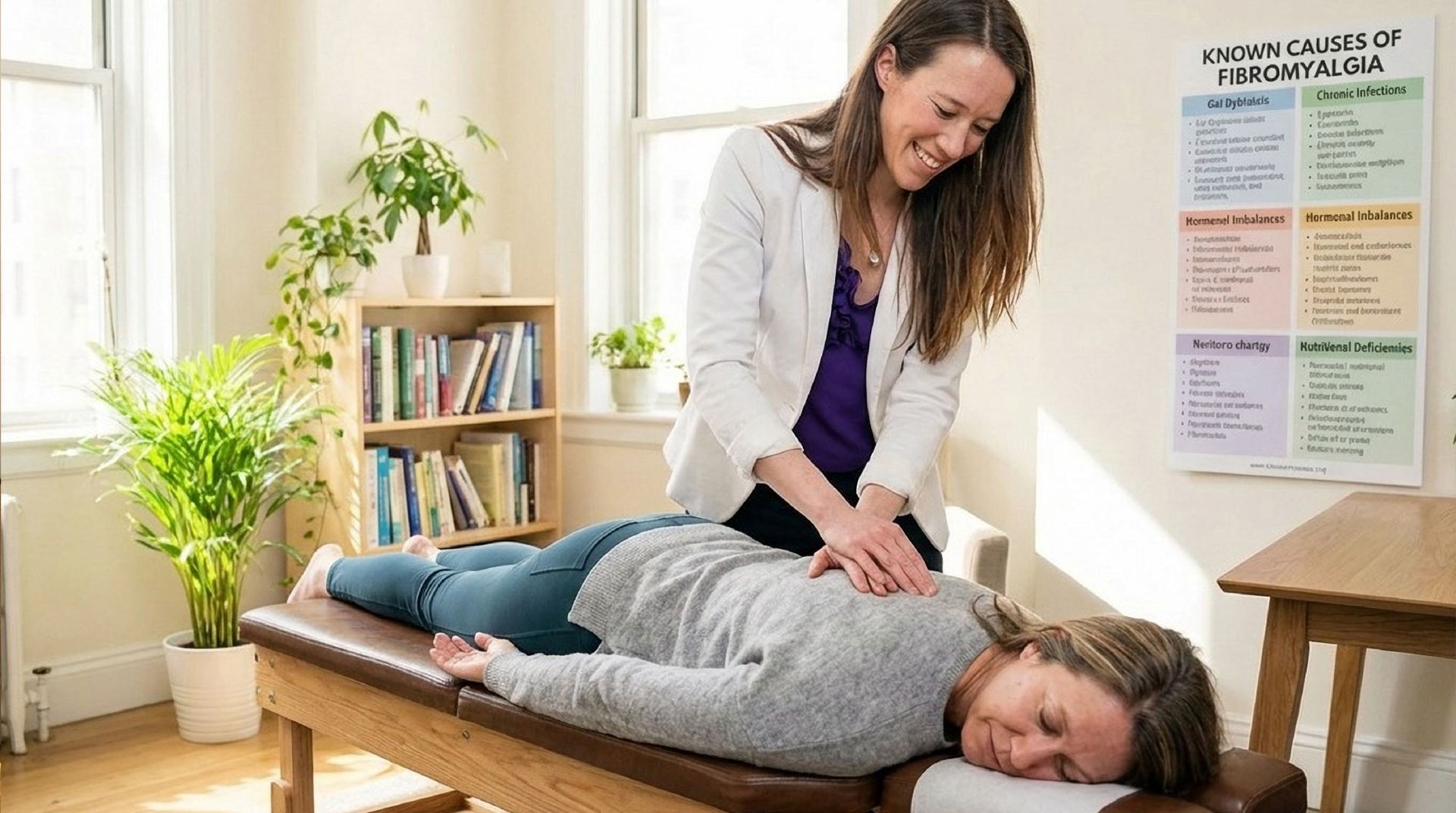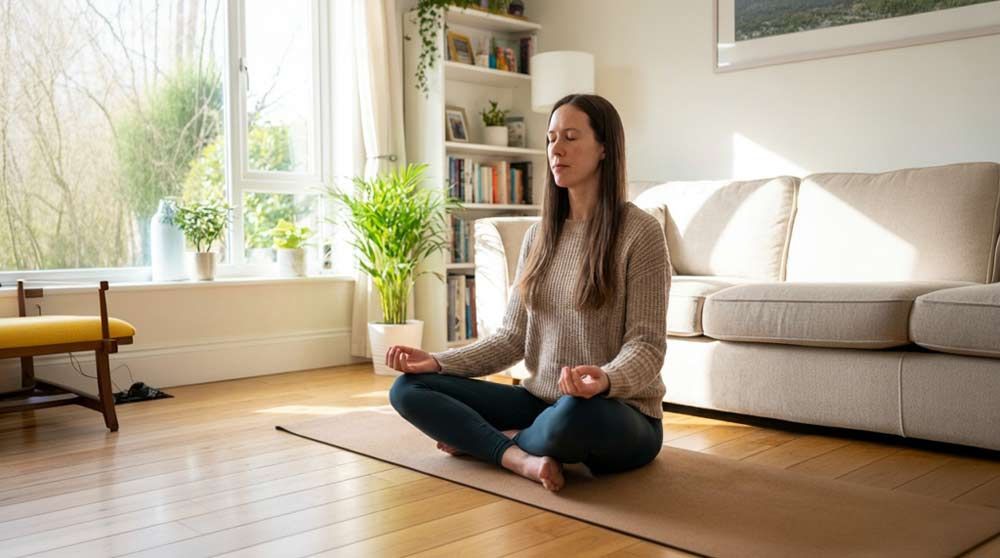Self-Care Rituals to Support Emotional Health
This guide offers practical self-care routines that incorporate holistic practices, including journaling, herbal baths, and mindfulness exercises.
-Dr. Alicia Armitstead
In my Psych-K Therapy sessions, I often teach clients that prioritizing self-care is essential for maintaining emotional health and overall well-being. With stress levels on the rise due to various life challenges, establishing self-care rituals can provide a much-needed respite, allowing individuals to reconnect with themselves and enhance their emotional resilience. By integrating these rituals into your daily life, you can foster a greater sense of emotional well-being and cultivate the inner peace that promotes mental and emotional clarity.
The Importance of Self-Care
Self-care encompasses a wide range of activities that individuals engage in to nurture their physical, emotional, and mental health. It is not merely a luxury but a fundamental aspect of a healthy lifestyle. Engaging in self-care routines has been shown to reduce stress, improve mood, and enhance overall life satisfaction. Creating space for self-care allows individuals to recharge, process their emotions, and gain clarity, which is crucial in navigating life's challenges. When you prioritize self-care, you send a powerful message to yourself that your well-being is important and deserving of attention.
Journaling for Emotional Clarity
One of the most accessible and effective self-care practices is journaling. Writing down your thoughts and feelings can serve as a powerful tool for self-reflection and emotional processing. Journaling allows individuals to articulate their emotions, gain insight into their experiences, and identify patterns that may be affecting their mental health. By taking just a few minutes each day to write, you can clarify your thoughts, reduce anxiety, and release pent-up emotions. Prompts such as "What am I grateful for today?" or "What challenges have I faced this week?" can guide your journaling practice and deepen self-awareness.
In addition to traditional journaling, creative writing techniques such as poetry or storytelling can enhance the self-discovery process. Art journaling, where images are combined with words, can also be therapeutic, allowing for a more creative expression of inner thoughts and emotions. The act of writing itself can be cathartic, offering a safe space to confront and explore feelings without judgment.
Herbal Baths for Relaxation and Healing
Another powerful self-care ritual is the herbal bath, which not only enhances relaxation but also promotes emotional healing. Taking a warm bath infused with soothing herbs can provide a serene environment that calms the mind and eases tension in the body. Herbs such as lavender, chamomile, and rosemary have calming properties that help reduce stress and promote relaxation.
To create a herbal bath, start by preparing a sachet of dried herbs or using an herbal blend found at natural health stores. As you fill your tub, add the herbal sachet to the water and allow it to steep for several minutes. The warm water, combined with the aromatic properties of the herbs, creates a tranquil atmosphere that invites emotional release and healing. Consider lighting candles or playing soft music to enhance the ambiance. This simple yet effective practice can transform your bathing experience into a celebratory ritual of self-care.
Mindfulness Exercises for Grounding
Mindfulness exercises are another invaluable aspect of self-care that promote emotional well-being. Mindfulness involves being present in the moment, acknowledging your thoughts and feelings without judgment, and cultivating awareness of your surroundings. Engaging in mindfulness practices can reduce anxiety, improve focus, and enhance emotional regulation.
There are various ways to incorporate mindfulness into your daily routine. One effective practice is mindful breathing. Take a few moments to sit comfortably, close your eyes, and focus on your breath. Inhale deeply through your nose, allowing your abdomen to rise, and exhale slowly through your mouth. Direct your attention solely to your breath, noticing the sensations in your body as you breathe in and out. If your mind begins to wander, gently redirect your focus back to your breath without self-criticism.
Mindful walking is another excellent exercise that encourages emotional awareness. Choose a quiet space, and as you walk, pay attention to the sensations in your feet and legs, the sounds of nature around you, and the rhythm of your breath. This practice not only enhances mindfulness but allows you to connect with your surroundings, providing a wonderful break from the hustle and bustle of daily life.
Connecting with Nature
Spending time in nature is a profoundly healing self-care ritual that can significantly improve emotional health. Nature has a unique ability to reduce stress and promote feelings of calmness and clarity. Whether it's a stroll through a local park, a hike in the woods, or simply sitting in your garden, immersing yourself in the natural environment can help you recharge and reconnect with yourself.
Consider scheduling regular nature outings as part of your self-care routine. During these outings, practice mindfulness by paying close attention to the sights, sounds, and smells of your natural surroundings. Engage your senses fully—feel the sun on your skin, listen to the rustling leaves, and observe the colors around you. This active engagement promotes emotional well-being, fosters a sense of gratitude, and nurtures the connection between the mind and body.
Guided Meditation and Visualization
Guided meditation and visualization practices are powerful tools for enhancing emotional health. They allow individuals to explore their inner landscape, confront their feelings, and encourage emotional release. Numerous apps and online resources offer guided meditations tailored to different themes, such as stress reduction, self-compassion, and emotional healing.
To practice guided meditation, find a quiet and comfortable space, close your eyes, and listen to a guided session. Focus on your breath and follow the instructor's voice as they lead you through a series of relaxing visualizations. You may be encouraged to imagine a peaceful place or envision yourself overcoming emotional challenges. By engaging the mind in positive imagery, guided meditation can instill a sense of calm and emotional clarity, providing tools for coping with stress in daily life.
Creating a Self-Care Routine
To fully benefit from self-care rituals, creating a personalized self-care routine is essential. Assess your needs and identify which practices resonate with you the most. Determine times throughout your week that can be dedicated to self-care, whether it's a few minutes of journaling in the morning, herbal baths on weekends, or mindfulness practices throughout the day.
Consider combining various practices for a holistic approach. For example, you could start your day with mindfulness meditation, take a few moments to journal about your intentions, and end your evening with a soothing herbal bath. This blend of rituals can enhance your self-care experience, fostering emotional equilibrium and balance.
The Long-Term Benefits of Self-Care
Establishing self-care rituals not only improves emotional health but also offers long-term benefits for overall well-being. Regularly engaging in self-care practices encourages resilience, making it easier to cope with life's challenges. Self-care nurtures self-awareness and self-compassion, fostering a deeper understanding of yourself and your emotional landscape. This understanding allows for healthier relationships with others and promotes a more balanced lifestyle.
The cumulative effects of self-care rituals can impact physical health, leading to reduced stress levels, improved immune function, and enhanced mental clarity. A holistic approach to self-care paves the way for a healthier, more fulfilling life.
Conclusion
Incorporating self-care rituals into your daily routine can profoundly enhance your emotional health and overall well-being. Whether through journaling, herbal baths, mindfulness exercises, or connecting with nature, these practices empower individuals to cultivate inner peace and resilience. Remember that self-care is not selfish; it is a necessary investment in your well-being. By prioritizing self-care, you honor your emotional health and create a solid foundation for navigating life's ups and downs with grace and strength.












